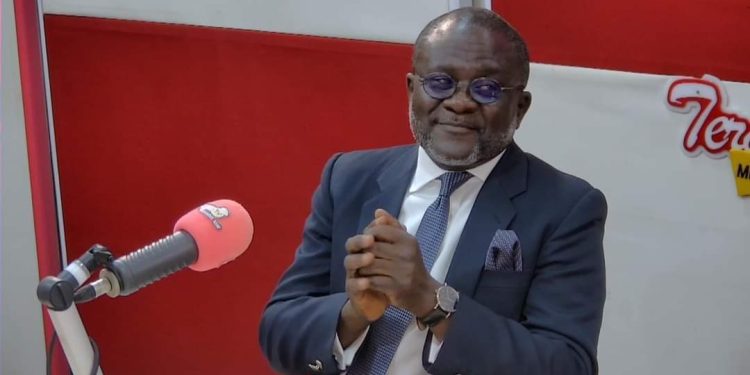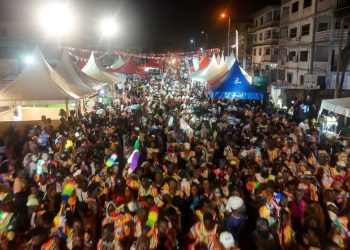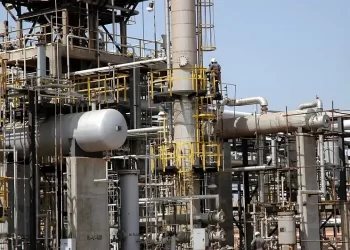Prominent political analyst and governance advocate PV Jantuah Boateng Dadson has stirred national debate after calling for the scrapping of the Office of the Special Prosecutor (OSP), arguing that the institution has fallen short of its mandate and has become a burden instead of a solution to Ghana’s corruption fight.
Speaking on national governance and anti-corruption efforts, Jantuah asserted that the OSP — originally established to independently investigate and prosecute corruption-related offenses has failed to deliver the transformative accountability Ghanaians were promised.
“The Constitution empowers the Minister of Justice, who doubles as the Attorney General, to prosecute any form of criminality within or outside government machinery.
“The Ghana Police Service can lead prosecutions under the directives of the Attorney General. No matter how the OSP’s bill was crafted, its powers and operations still fall under the AG,” he said on Kumasi-based Ultimate FM.
Jantuah argued that the OSP operates within a political and institutional ecosystem that makes true independence nearly impossible.
According to him, corruption enforcement in Ghana remains selective, politically influenced, and lacking the teeth required to hold powerful actors accountable.
He pointed to high-profile corruption controversies and stalled investigations as evidence that Ghana’s anti-corruption architecture remains weak despite reforms.
He further questioned the rationale behind the establishment of the OSP, referencing former President Nana Addo Dankwa Akufo-Addo, under whose administration the office was created.
He said “I was surprised that President Akufo-Addo, who once held the belief that the Attorney General’s role was supreme in all prosecutions, went on to create the Office of the Special Prosecutor.
“Back in 2005, the Daily Graphic published a story during his vetting as Foreign Minister in which he [Nana Addo] emphasised that the ‘conflict of the Attorney General is superfluous.’ So to me, the OSP was dead on arrival.”
Instead of maintaining the OSP in its current form, Jantuah proposed strengthening existing anti-corruption bodies, including the Auditor-General’s office, EOCO, and CHRAJ, and giving Parliament stronger oversight authority.
He added: “If I were to advise President John Dramani Mahama, I’d tell him to scrap the OSP entirely. Let’s channel those resources into the Attorney General’s Department- recruit more qualified lawyers, equip the regional offices, and pay them well. I don’t see why corruption and bribery cases are handled only in Accra when every region has a High Court.”
He stressed that without political will and institutional independence, multiple anti-corruption agencies will only duplicate functions and drain public funds.
Jantuah’s declaration has reignited a critical debate: Is Ghana failing in its anti-corruption strategy because institutions are weak — or because political will is lacking?











